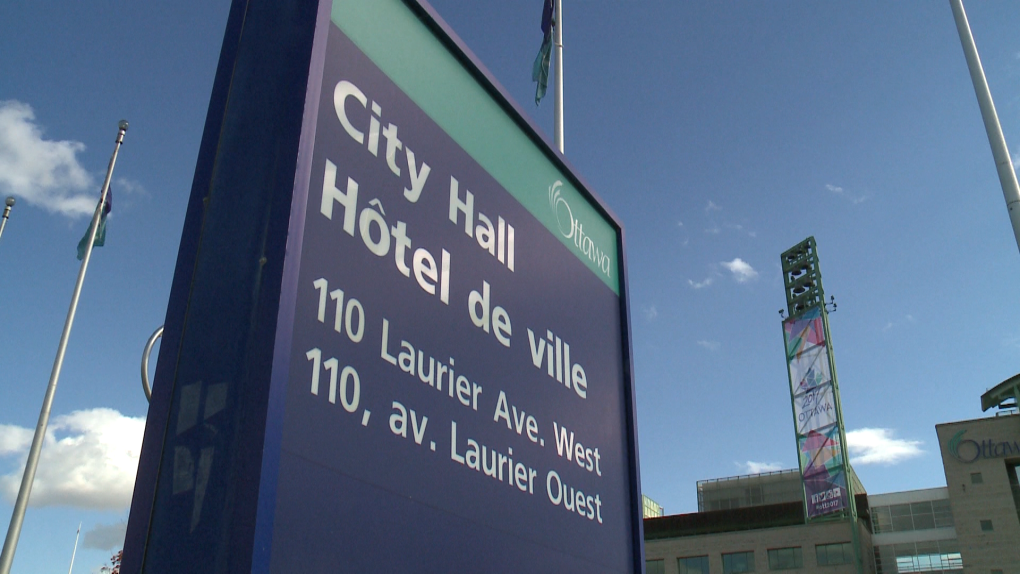
The City of Ottawa is checking translations and spelling on all signs at city facilities, following a spike in complaints about French signage and information.
A report for the finance and corporate services committee shows there were 47 French-language complaints filed with the city in 2023, up from 18 in 2022.
Staff say 36 of the complaints related to the signage and display of information at city facilities, including “inadequate translation or unilingual messaging.”
“Specifically, these complaints were in relation to errors or unilingual text and messaging,” the report says.
“While these complaints are considered resolved, staff has taken steps to ensure that both official languages have mutual respect and recognition on City-issued signage and communications.”
The city’s Recreation, Cultural and Facility Services Department has launched an internal audit of all signage and fixed assets in city facilities to identify issues and areas for improvement, staff say.
“This internal audit will review historical signage that was developed prior to the City of Ottawa’s amalgamation, signage developed following amalgamation, and fixed assets that are unilingual,” the report says.
The report says required changes to signs and assets will be completed during this term of council.
The other French-language complaints filed in 2023 were related to interactions with city staff that did not take place in the individual’s official language of choice and a lack of programming in French.
Nearly one-fifth of city positions designated bilingual
The report shows 16.7 per cent of Ottawa’s positions were designated bilingual in 2023, up from 16 per cent of positions designated bilingual in 2022.
Nearly 800 staff members registered for language training last year.
“This increase is attributed to a number of factors including training being offered to all staff regardless of language designation; staff returning to the workplace; the availability of in-person classes; greater awareness of language training; and an increase in messaging to employees about the benefits of second language training for personal and/or professional development,” staff say.